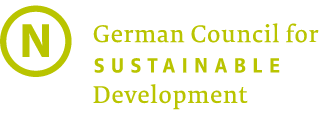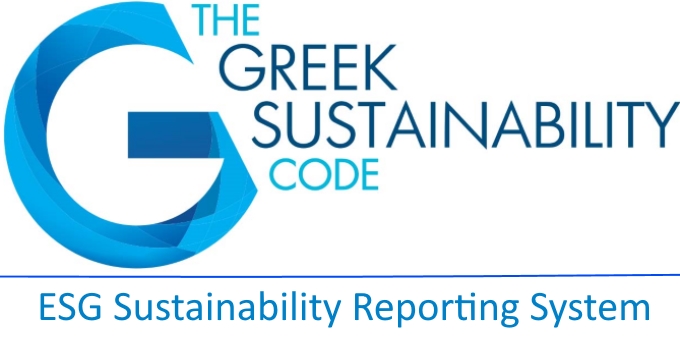The European context
In a critical moment when a wider debate is taking place regarding the competitiveness of the European economy, an effort for promoting a model of Sustainable Development including all social and environmental aspects of the development procedure as well as the new global challenges of climate change is well under way.In this context the European institutions recognize the fact that non-adaptation to a sustainable development model would entail exorbitant costs for the European markets, thus, they point out:
- The need for reorienting the developmental model of the European Economy towards a Sustainable Development Economy incorporating social and environmental parameters.
- The stakeholders as well as the investors demand for transparency and sustainability in the companies’ function and management and for responsible products and services production.
- The challenge European Union is facing to simplify the disclosure of non-financial information procedure for the companies and organizations active in European level in order to achieve greater convergence of the markets.
- The EU Directive (2014/95/EU) for non-financial disclosure draws a European context for the competitiveness of the European markets based on the Sustainable Development principles albeit the fact that this Directive does not meet the needs of the small-medium sized companies which form the majority in many European countries including Greece, since it addresses big enterprises with 500 or more personnel.
The EU Directive for non-financial disclosure is a chance for European Union to encourage, reinforce and drive all relevant market stakeholders towards sustainable corporate governance.
During the latest years, the disclosure of non-financial data occupies a special place in the agenda of the companies and the context for reporting has been rendered particularly complicated and sophisticated.
In a wider sense, the EU Directive is in line with the implementation of the UN Sustainable Development Goals (SDGs). The non-financial data are a very useful tool to trigger effective action in sustainable development issues. Consequently, attaining transparency is of high priority and the EU Directive is a step forward to this direction.
The EU Directive as well as the German Sustainability Code, a national transparency and reporting standard, have commonly paved the way for the creation of a European Sustainability Platform–The Sustainability Code.
Υπό την Αιγίδα

Με την Υποστήριξη

Με την Συνεργασία

Με την συμμετοχή




